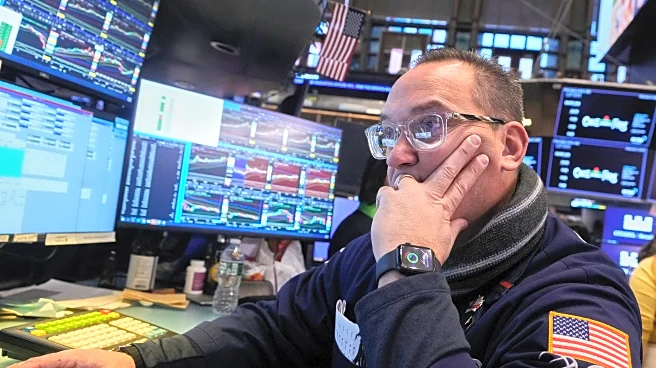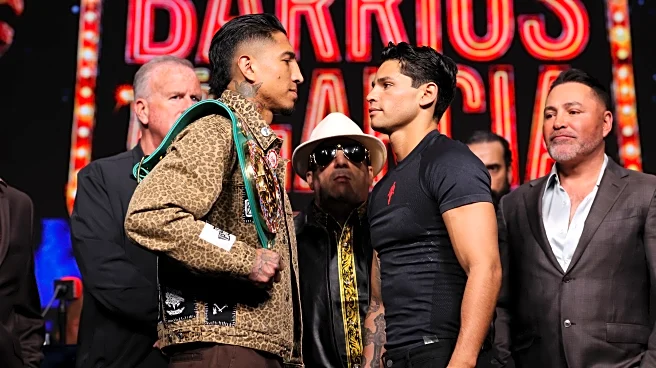Rapid Read • 8 min read
The beauty industry is increasingly relying on influencer marketing to boost sales, with a recent report from CreativeX revealing that beauty brands have allocated 31% of their media spend to creator content over the past 18 months. This investment is significantly higher compared to other sectors, such as alcohol and consumer health brands. Influencer marketing agencies have identified rising beauty creators on platforms like TikTok who are shaping industry trends and advocating for diversity and inclusion. These creators, including Golloria George and Cynthia Victor, are known for their authenticity and specialized expertise, making them valuable partners for beauty brands seeking to connect with diverse audiences.
AD
The shift towards influencer-driven marketing highlights the growing importance of social media platforms in shaping consumer preferences and driving sales in the beauty industry. By partnering with influencers who advocate for inclusivity and authenticity, beauty brands can enhance their brand image and reach a wider audience. This trend also underscores the need for brands to adapt to changing consumer expectations, particularly among younger demographics who value diversity and genuine engagement. As influencer marketing continues to evolve, brands that effectively leverage these partnerships stand to gain a competitive edge in the market.
Beauty brands are likely to continue investing in influencer marketing, focusing on creators who can deliver results-driven content and engage with diverse audiences. As the industry evolves, brands may explore new ways to collaborate with influencers, such as co-creating products or launching exclusive campaigns. Additionally, the emphasis on inclusivity and representation may drive further innovation in product offerings, catering to a broader range of skin tones and types. Brands that successfully navigate these trends will be well-positioned to capture the attention of consumers and drive long-term growth.
The rise of influencer marketing in the beauty industry raises questions about the ethical implications of paid endorsements and the authenticity of influencer content. As brands increasingly rely on influencers to shape consumer perceptions, there is a need for transparency and accountability in these partnerships. Additionally, the focus on diversity and inclusion may prompt broader cultural shifts within the industry, challenging traditional beauty standards and encouraging more inclusive practices.
AD
More Stories You Might Enjoy












